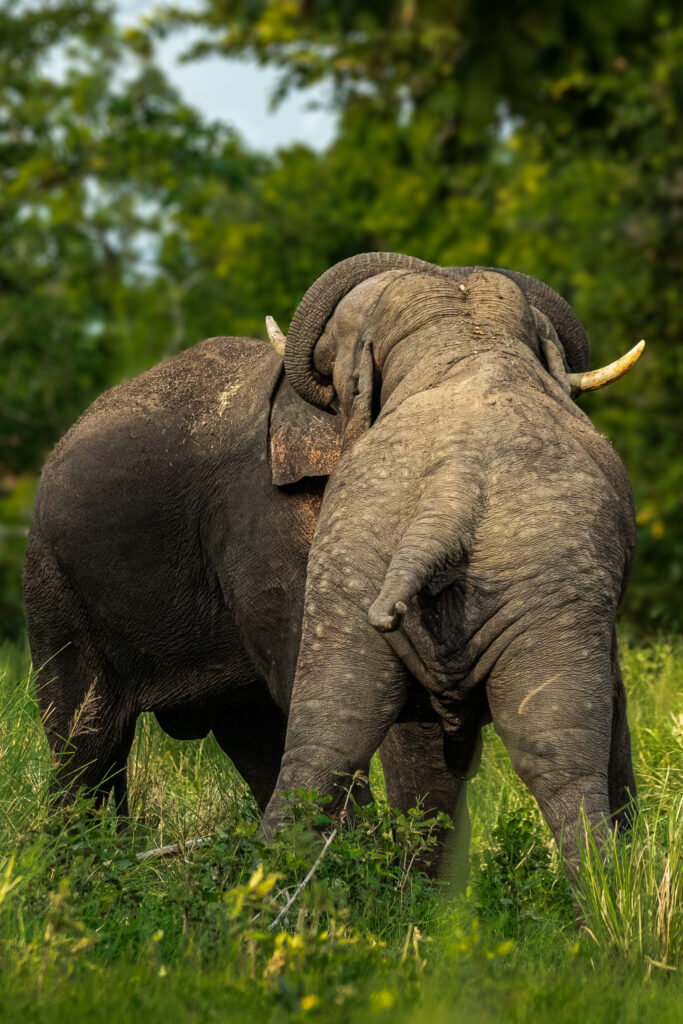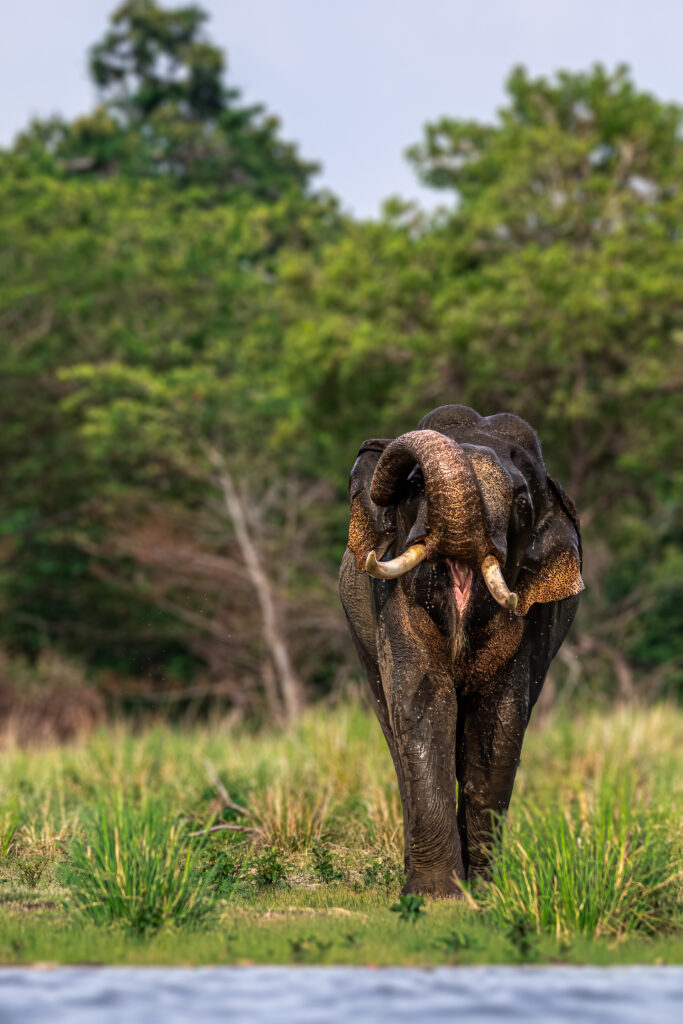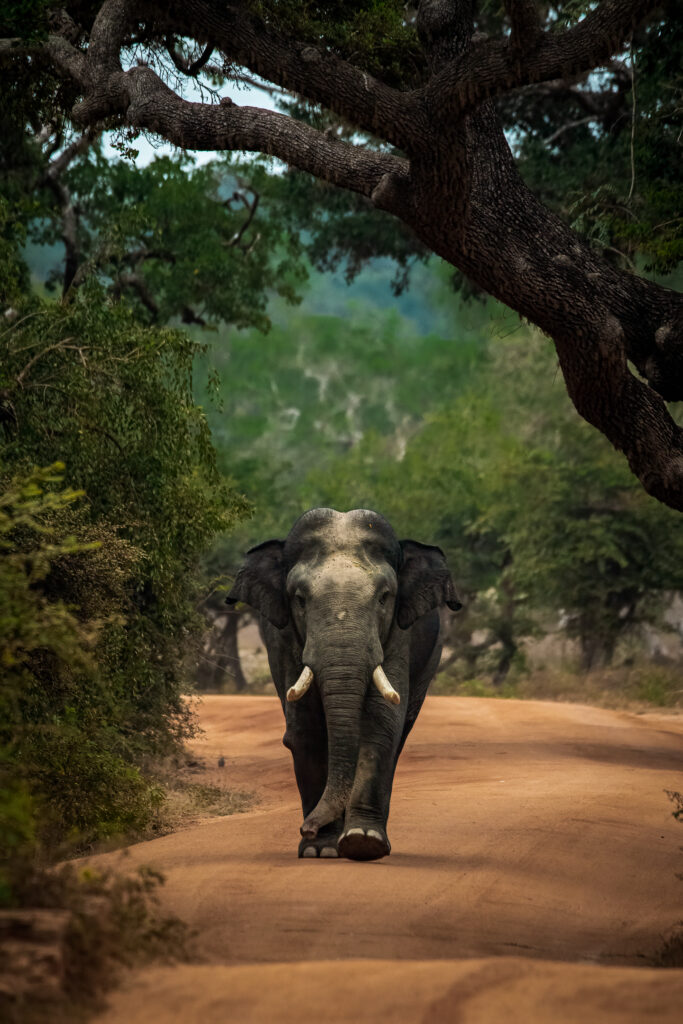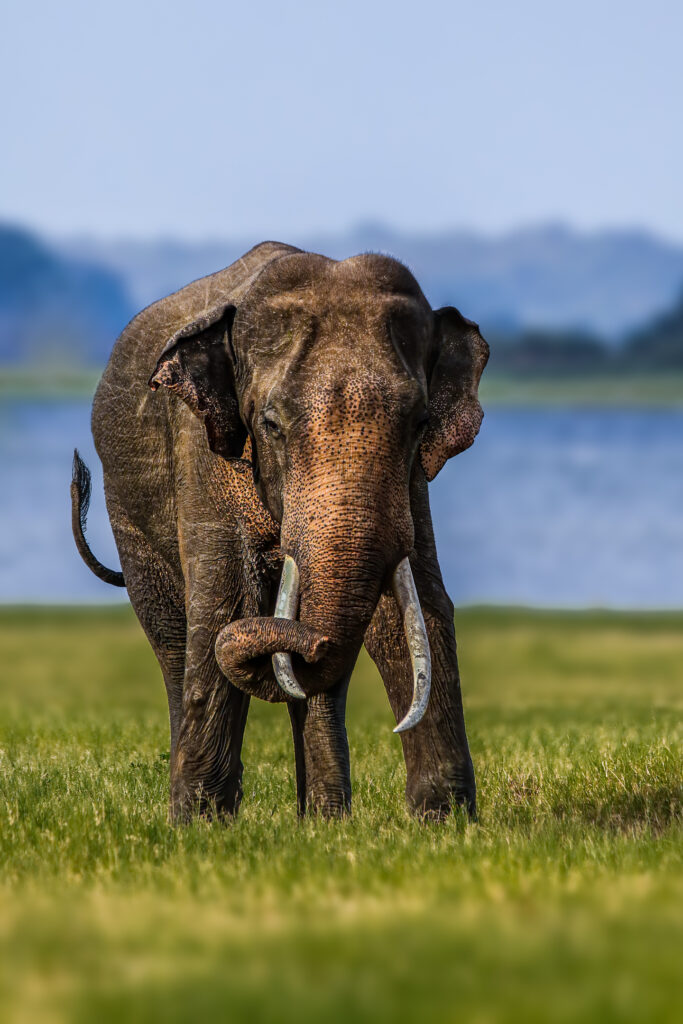FADING BLOODLINE

The tusker population in Sri Lanka has been significantly affected by human-elephant conflict. Tuskers, being male elephants with large tusks, are highly sought after by poachers for their ivory, making them particularly vulnerable to human activities. Habitat loss and fragmentation due to deforestation and agriculture have caused elephants to migrate in search of food and water. As a result, they have increasingly come into conflict with humans, who often retaliate with violence when elephants raid crops and damage property. This has led to the deaths of both elephants and humans, and has resulted in a decline in the tusker population in Sri Lanka. Urgent measures are needed to address human-elephant conflict and protect the tusker population from further decline. This can be achieved through measures such as conservation efforts, habitat restoration, and community education and involvement. Furthermore, thick forests don’t contain enough food for elephants. So, they always have to come to the buffer-zone which also shared by humans. There is no option other than co-existing and share the landscape with them in those areas to protect those gems.



